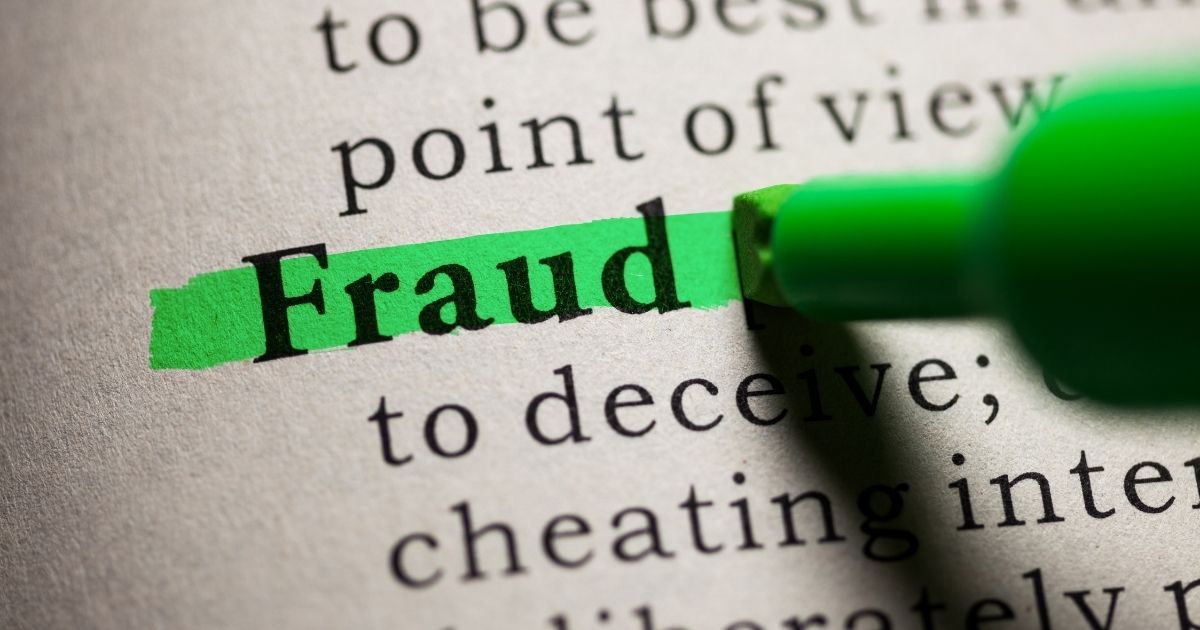It’s estimated that financial exploitation collectively costs the elderly over $3 billion per year, and that’s just from reported cases. The toll is likely much higher since most cases go unreported.
Elder fraud not only robs seniors financially, but there is also a heavy price paid in terms of loss of security, dignity, and – in some cases – their very lives.
What Is Elder Fraud?
Elder fraud is a type of elder abuse in which misappropriation of financial resources or misuse of financial control, in the context of a relationship where there is an expectation of integrity and trust, causes financial harm to an older person.
Sadly, over 50% of the time, family members are the perpetrators of this criminal activity, which often goes unrecognized by the victim and other family members. Victims who are aware of what’s happening with their finances are often reluctant to say anything because of embarrassment, or they don’t want the family member to be held accountable to other family members and law enforcement agencies.
Signs of Elder Fraud
Elder fraud takes several forms other than just using the elder’s credit cards or cash. It also can be the theft of valuables or taking control of the older person’s power of attorney.
Possible signs of elder financial abuse include:
- Checks or bank statements that go to the perpetrator
- Forgeries on legal documents or checks
- Large bank withdrawals or transfers between accounts
- Missing belongings or property
- Mood changes (such as depression or anxiety)
- New changes to an elder’s will or power of attorney
- The elder signed strange documents they didn’t understand
- The older adult does not understand their financial situation
- Unpaid bills and eviction notices
- Utilities being discontinued of unpaid bills
- Unexplained withdrawals that the elder could not have made
What Can You Do If You Suspect a Relative?
What is already a terrible crime is made even more difficult to acknowledge if it’s a family member. Unfortunately, denying that it’s really happening often happens when the abuser is a family member that you never suspected would commit such a heinous act.
As painful as the situation is, there are steps you can take even if the victim won’t admit or believe there is a problem. They may be afraid to say anything out of dependence or fear of the abuser.
After observing any suspicious activity, document it with dates, times, and specific descriptions. You want to be as factual as possible when you report it to local law enforcement. When you do report it, be sure to ask for a case number and keep that with your records.
If you’re reluctant to involve law enforcement, your city or county will have additional resources, including your local Family Services office. The National Council on Elder Abuse is another resource you can use to help you through the process of addressing the problem.
You’re Safe With Seniors Prefer Homecare
We understand the anxiety a family experiences when bringing in a new caregiver. All of our caregivers are carefully screened and insured; we only bring aboard the best.
We offer the most comprehensive and compassionate care available in Tuscaloosa and Huntsville, and we’ll develop a personalized care plan for you at no charge. Contact us today and let us know how we can help.

